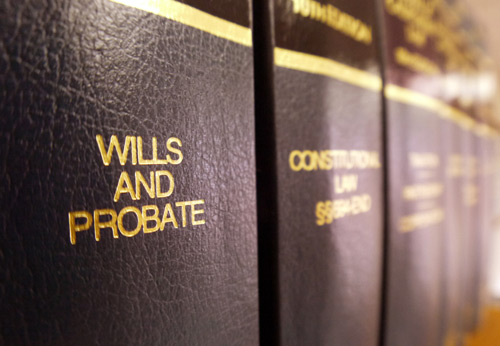In 1971, amidst heated racial confrontations following court-ordered desegregation of public schools, Mike’s Grocery Store in Wilmington, North Carolina was firebombed. Police and fire rescue personnel responding to the scene were attacked by the perpetrators, and the event resulted in the arrest and conviction of nine black men and one white woman, collectively dubbed the “Wilmington Ten.” The incident received national attention and several articles were published in the late 1970’s on the trial and its aftermath. In 1980 the Fourth Circuit Court of Appeals overturned their convictions, determining that the defendants were denied their right to constitutional due process as a result of prosecutorial misconduct and a myriad of legal errors at trial.
On December 31, 2012, then-Governor Beverly Perdue issued pardons of innocence for all members of the Wilmington Ten, including posthumous pardons for four deceased members. The estates of the decedents and the six living members of the Wilmington Ten all filed petitions with the North Carolina Industrial Commission for compensation under Article 8, Chapter 48 of the North Carolina General Statutes, which provides for remuneration to persons erroneously convicted of felonies. The Full Commission fully compensated the six living members, but concluded that the decedent’s estates did not meet the statutory requirements necessary to bring claims because the pardons were granted after their respective deaths. The estates collectively appealed the Full Commission’s order.[1]
The estates’ claims on appeal relied completely upon statutory rights created by N.C.G.S. § 148-82, et seq. The pertinent parts of the statute provide, “any person who, having been convicted of a felony . . . and having been imprisoned therefor . . . and who is determined to be innocent of all charges . . . may as hereinafter provided present by petition a claim against the State for the pecuniary loss sustained by the person through his or her erroneous conviction and imprisonment” (emphasis added).[2] In addition to remuneration for pecuniary loss resulting from wrongful imprisonment, the statute also allows the Commission to award compensation for loss of life opportunities related to job skills training and expenses for tuition and fees at any public North Carolina university.[3]
The North Carolina Court of Appeals determined that, even when construing the statute as liberally as possible, the estates were not authorized to petition the State for compensation on behalf of the decedents. The clear and unambiguous language of the statute, particularly the requirements that the “person” be convicted of a crime, imprisoned, and granted a pardon of innocence before petitioning the State, refers to the actual individual who was wrongfully incarcerated. Additionally, the Court focused on the statute’s allowance for the Commission to compensate the deprived claimant for lost job training and educational opportunities. If estates were allowed to petition the Commission under the statute, the Court concluded section 148-84(c) would be rendered “either superfluous or nonsensical, as it would be impossible for the Industrial Commission to assess how an unconscious, inanimate legal entity like a testamentary estate was deprived ‘loss of life opportunities.’”[4] Accordingly, the Court upheld the Commission’s order concluding the estates did not meet the statutory conditions necessary to have standing to bring claims under N.C.G.S. §148-82, et seq.
While the role of the judiciary is to apply statutes as they are written, the Court indicated at the end of its opinion that it recognized the decision would be unpopular and contrary to public opinion. The Court acknowledged the estates’ assertion that “[w]hen an innocent person has had his or her liberty and a portion of his or her life wrongfully taken . . . [t]hat harm lives on after death – especially in the lives of affected loved ones.” It concluded the opinion by quoting an oft referenced judicial adage, “[i]t is ours to construe the laws, and not to make them,” and stated the policy considerations regarding an estate’s ability to collect remuneration from posthumous pardons should more appropriately be raised with the legislative branch.[5]
[1] Estate of Jacobs, et. al v. State of North Carolina, N.C. App. No. COA15-146 (August 4, 2015).
[2] N.C. Gen. Stat. § 148-82(b).
[3] N.C. Gen. Stat. § 148-84(c).
[4] Estate of Jacobs, et. al v. State of North Carolina, N.C. App. No. COA15-146 (August 4, 2015) (quoting N.C. Gen. Stat. § 148-84(c)).
[5] Estate of Jacobs, et. al v. State of North Carolina, N.C. App. No. COA15-146 (August 4, 2015) (quoting Gilmore v. Hoke Cnty. Bd. of Educ., 222 N.C. 358, 366, 23 S.E. 2d 292, 297 (1942)).




